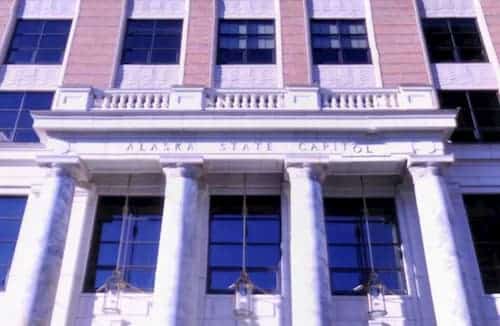JUNEAU-Today Senator Dennis Egan, D-Juneau, introduced Senate Bill 30, which allows teachers, firefighters, troopers and other public servants to choose between two Alaska retirement systems: paying into the current 401(k)-styledefined contribution accounts or earning a defined benefit pension. The legislation creates a new, more predictable pension tier for public employees.
“This bill is cost-neutral, and it gives people a choice,” said Senator Egan. ”Teachers and public employees will put more of their pay into the system than the old pension tiers. Also, most employees will have to be eligible for Medicare before the system helps pay for retiree health care and they’ll always pay a share of those insurance premiums.”
Senator Egan expects the law to save the state $40 million in the first five years and be cost-neutral over the long term because it splits the risk of rising health care costs between the employer and the employee so the new tier never costs more than the current defined contribution system. Additionally, since most Alaska teachers and public employees can’t earn the defined benefit of Social Security, it gives them a chance to choose a safety net similar to the private sector.
“It gives employees the right to choose: some prefer flexibility, but for others, a secure retirement will help keep them in Alaska,” said Senator Egan, noting that pensions are responsible for $1.4 billion in Alaska’s economy each year. “Without the incentive to stay and build a life in Alaska, we’ll lose our best and brightest to the Lower 48, where public servants earn pensions.“
A defined benefit pension takes time to earn, but rewards a record of public service by paying a guaranteed monthly benefit and, for long-term employees, health insurance. An individual defined contribution account is portable from one employer to another, and flexible in how it can be used, but comes with no guarantees.
“The bill is a win-win,” said Senator Egan. “The State saves money, while creating incentives for teachers, troopers, firefighters and other public servants to stay and keep their talents – and their retirement money – right here in Alaska.”





